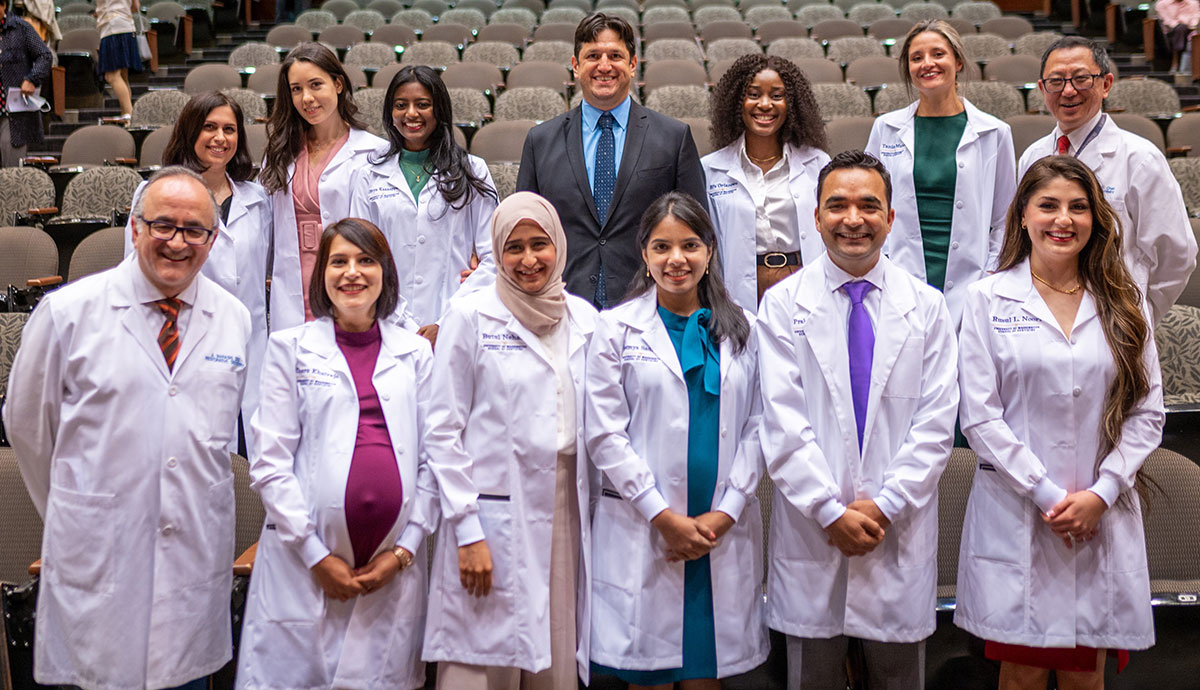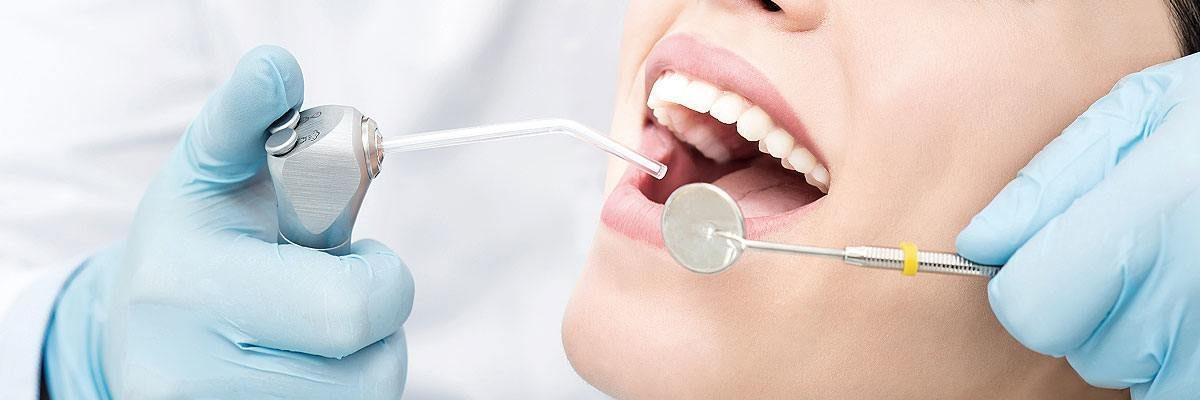 Many dentists and dental students educated outside the United States wish to obtain a dental license to practice in the U.S.
Many dentists and dental students educated outside the United States wish to obtain a dental license to practice in the U.S.
There are numerous resources available to help qualified individuals navigate the paths that may be open to them to obtain a dental license in those states that have such pathways.
Individuals must first determine the state(s) where they wish to obtain a license and contact the state board(s) of dentistry to obtain specific licensure requirements and a sample application.
In addition, each state has a State Dental Association that focuses on issues germane to the practice of dentistry in their state and includes information about practice opportunities, continuing education and other matters that may be related to professional or personal enrichment.
The American Dental Association maintains an interactive tool that may ease the initial discovery process for individuals interested in learning more about opportunities in the United States.
Click here for requirements by state.
Contact the US dental schools you are interested in attending to understand their requirements. The application and list of available programs can be found on ADEA’s CAAPID site. Please note: some dental schools do not use CAAPID to administer their application process.
Apply to a Commission on Dental Accreditation (CODA) accredited dental school with an advanced standing program to earn a DDS or DMD degree. Reference this list of the U.S. dental schools that offer an AS/IDP program for contact information.
Complete a clinical licensing examination administered by a state or regional clinical testing agency accepted in the state where you wish to be licensed. Review the licensure laws and regulations from the individual state board websites for real-time information about which exams are accepted where licensure is sought.
International Dentists may also qualify to enroll in graduate dentistry programs in the United States. Most university based programs have ready availability to enroll qualified foreign educated dentists. Hospital or community based programs generally are limited to whatever individual state requirements exist for temporary or limited licensure that may or may not allow foreign trained dentists to obtain the kind of license necessary for graduate dental study.
Individuals can begin their state specific search at STATE DENTAL BOARDS.
The important thing to remember is that there is frequently a pathway for a highly motivated and qualified individual to navigate in order to obtain a full and unrestricted dental license for clinical practice in the United States. Unfortunately, the process may take several years for some and may entail significant financial commitment, without adequate recourse to scholarship and student loan opportunities.
Those interested in beginning the journey are strongly advised to seek anecdotal experience and testimony from those that have gone through the process of seeking and obtaining admission to US dental schools, residency programs and state licensure.
In addition to the annual education and living expenses associated with attending an “international program” at an accredited dental school, prospective candidates should be aware that there may not be a standard manner in which advanced standing is provided. The nature of the diverse curricula and experiences offered in non-CODA accredited dental schools may result in some graduates receiving less than or more credit that they may have expected, despite what may also have included substantive clinical experience after dental school graduation in their home country.
Hits: 100
